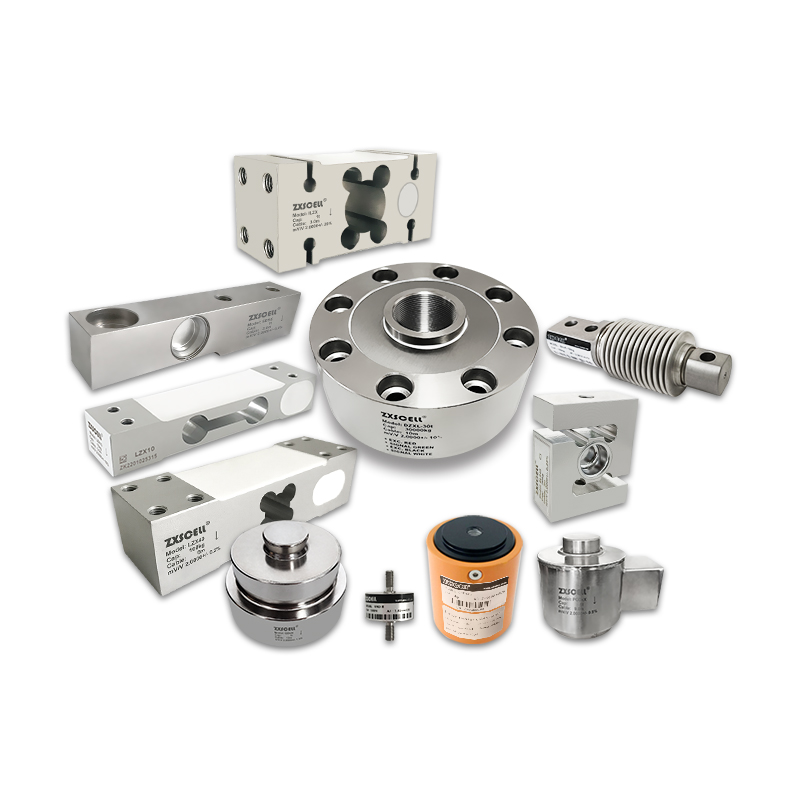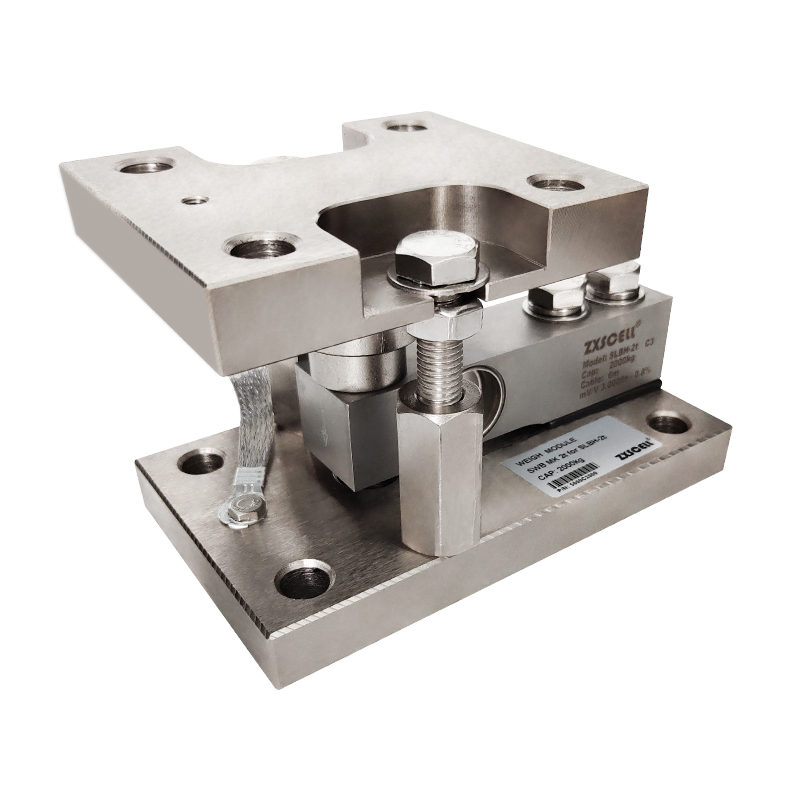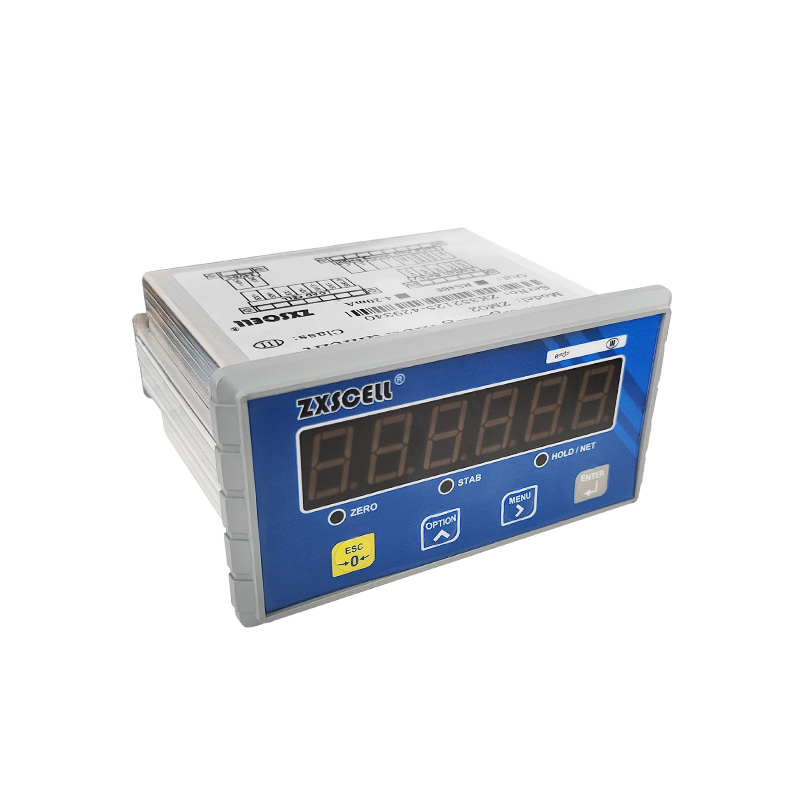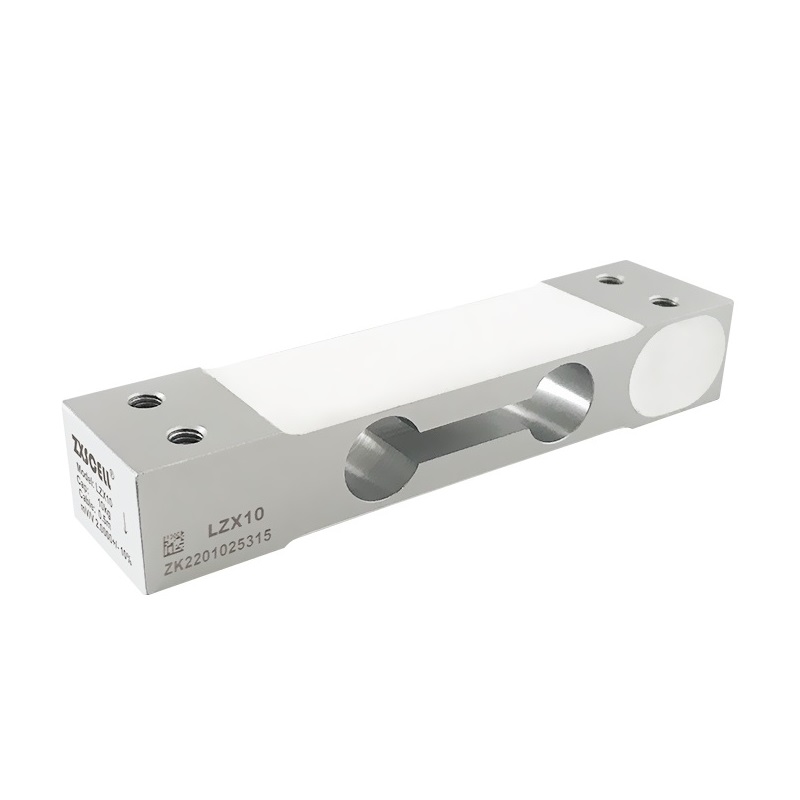
Load cell terminology
● Nominal load: load corresponding to the nominal output
● Initial load: load below which the specification data are no longer valid
● Maximum load: load above which the specification data are no longer valid
● Non-linearity (best line): maximum deviation from the best line of upward measurements
● Hysteresis error: maximum deviation between rising and falling measurements
● Repeatability error: maximum standard deviation out of ten measurements
● Drift in 30 minutes: signal change in 30 min after a rapid load change
● Nominal temperature range: ambient temperature range within which the specification data is valid
● Zero thermal drift: max variation of signal for every 10 ° C variation of ambient temperature with zero load
● Field thermal drift: max variation of signal for every 10 ° C of ambient temperature variation with cell loaded
● Effect of pressure variations: variation of the output signal due to variations in barometric pressure
● Nominal output: output corresponding to the nominal load
● Tolerance on the output at zero: max value that the output can assume with cell without load
● Maximum power supply voltage: maximum cell power supply voltage
● Input resistance: resistance measured between the cell power conductors
● Output resistance: resistance measured between the cell signal conductors
● Insulation resistance at 50 V: resistance measured in d.c. between cell circuit and cash desk
● Breaking load: load beyond which the mechanical destruction of the cell occurs
● Maximum transverse load: load, perpendicular to the measuring axis of the cell, beyond which irreversible mechanical or electrical changes occur
● Nominal deflection: elastic stroke of the load application point from zero to nominal load
● Working temp. range: ambient temperature range within which the cell can work with errors exceeding the specified limits, without irreversible modifications.
● Storage temp. range: ambient temperature range in which the cell, not connected or loaded, can be stored without irreversible modifications
● Protection: type of resistance to dust and water according to EN60529




